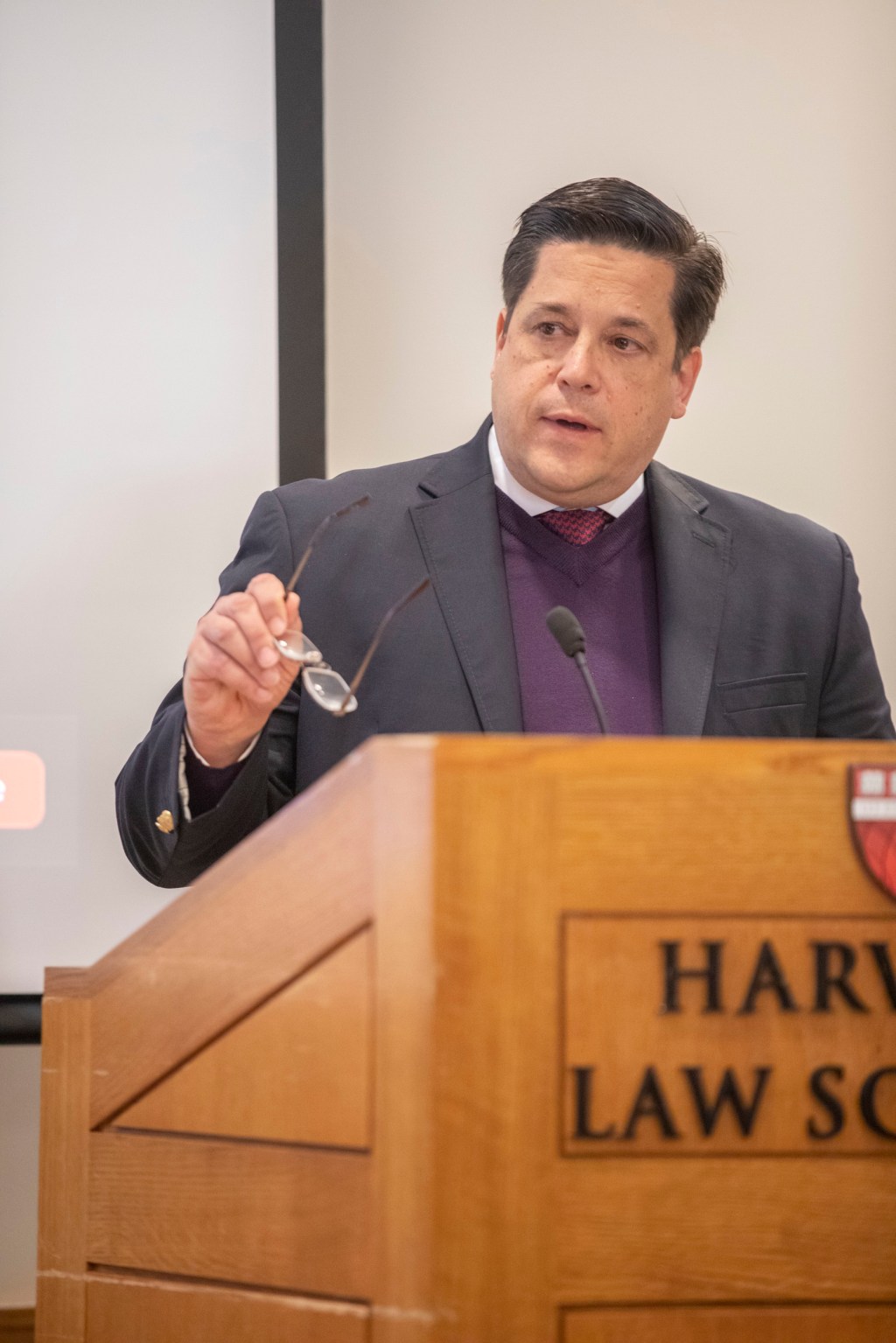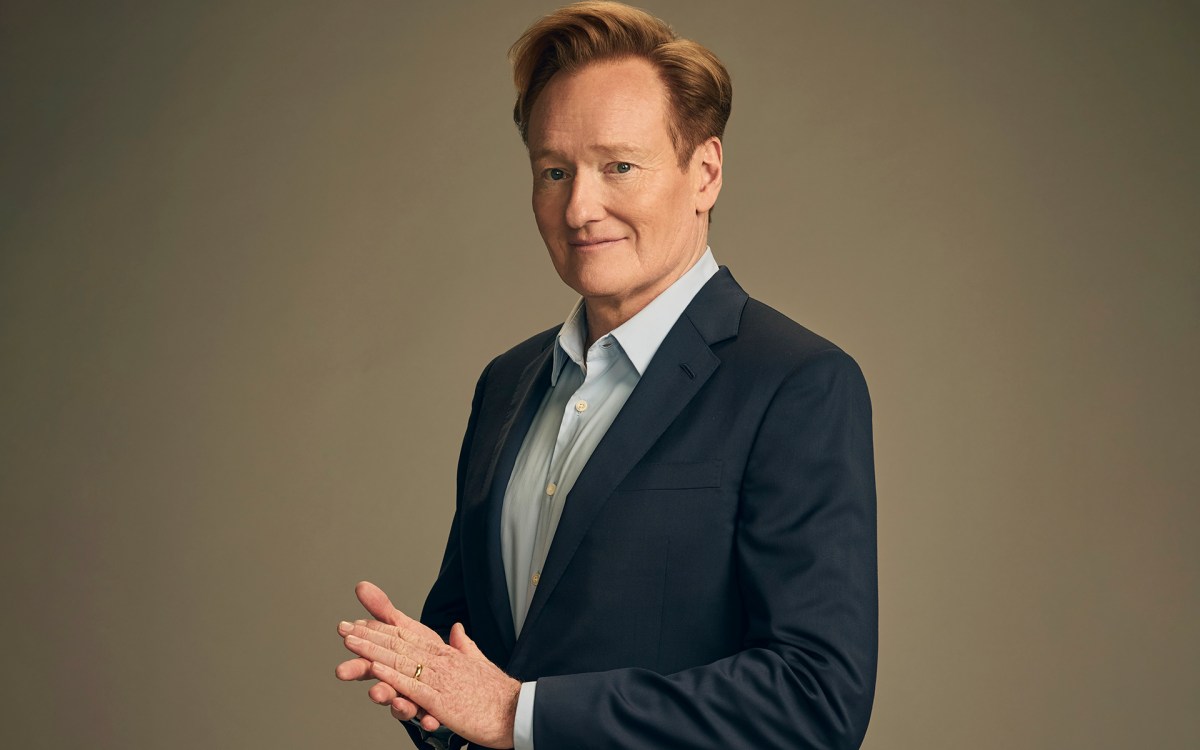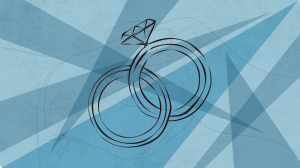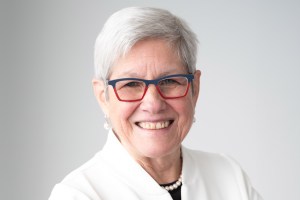Nation & World
-

‘Harvard Thinking’: Is marriage worth saving?
In podcast, experts dig into why wedlock’s appeal is fading — for one group especially — and how to make it work better
-

Is social media responsible for what happens to users?
Landmark suit to examine 1996 law, questions about mental health, other harms, role of website design
-

Updating Cold War-era Outer Space Treaty long overdue. But big hurdles loom.
Tech policy expert cites global divisiveness, urges creating annual conference like that for climate change to advance talks
-

How to end polarization? Schools may be best hope.
Journalist blends history, on-the-ground reporting, finds answer may be civic education that goes far beyond 3 branches of government
Part of the Excerpts series -

Crush your goals the Ohtani way
Baseball superstar’s method for acing ambitions can help anyone, says Business School professor
-

How academia can help America heal
First step, says columnist David Brooks, is to understand its role in the problem
-
Will Trump be charged after House panel’s Jan. 6 report?
Harvard Law School’s W. Neil Eggleston, a veteran of Congressional investigations and the White House Counsel’s office, discusses the Jan. 6 committee’s work.
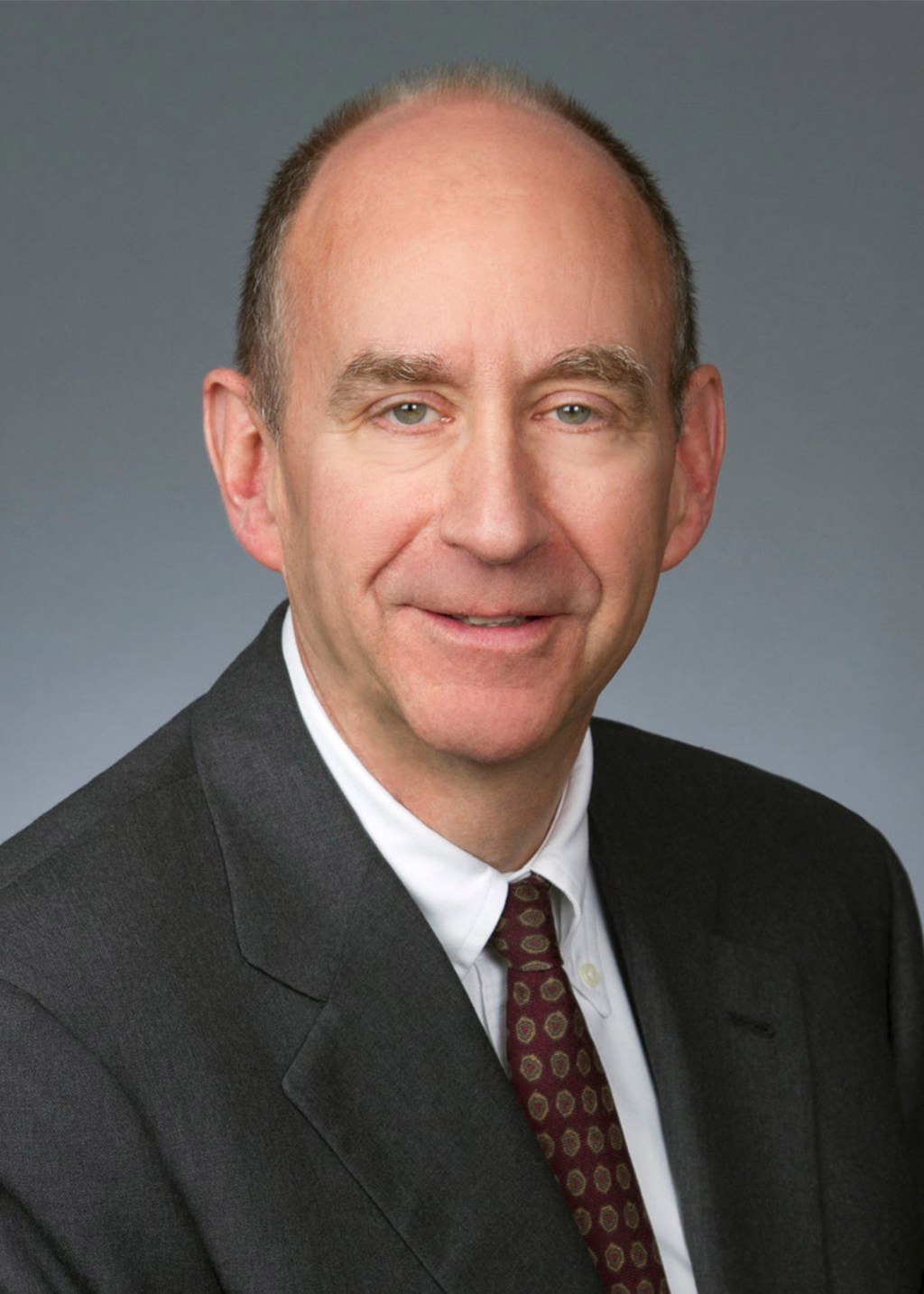
-
What is case for prison abolition?
Professor Tommie Shelby hopes his book helps others who are trying to decide whether they support prison abolition over criminal justice reform.
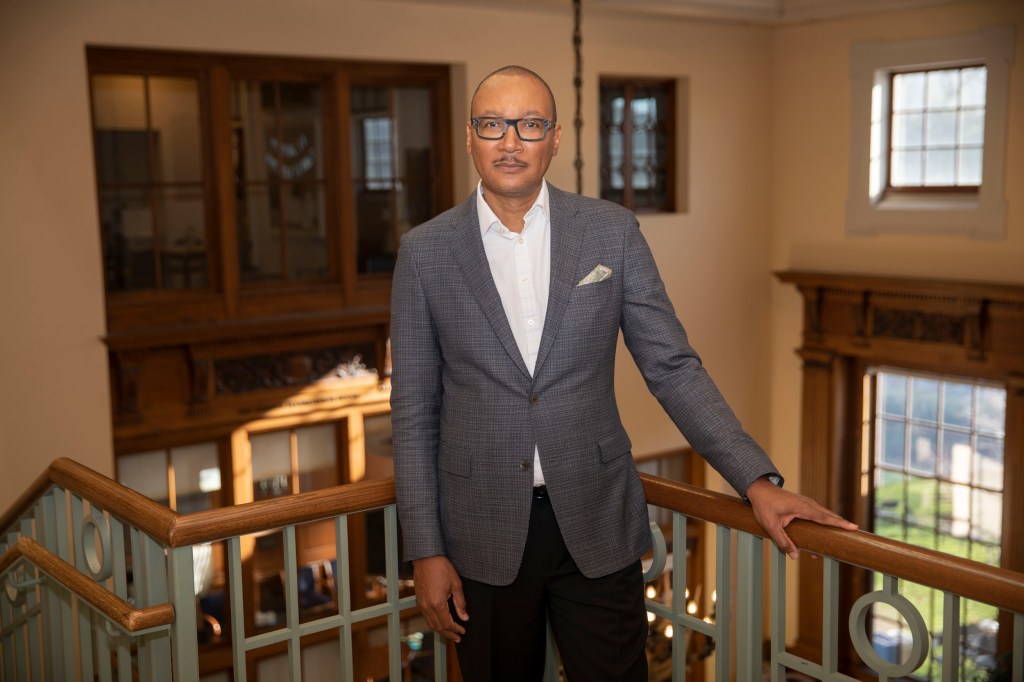
-
Striving for impassioned, but reasoned, post-Roe conversation on abortion
Participants representing complex set of views engage at Edmond & Lily Safra Center for Ethics discussion.
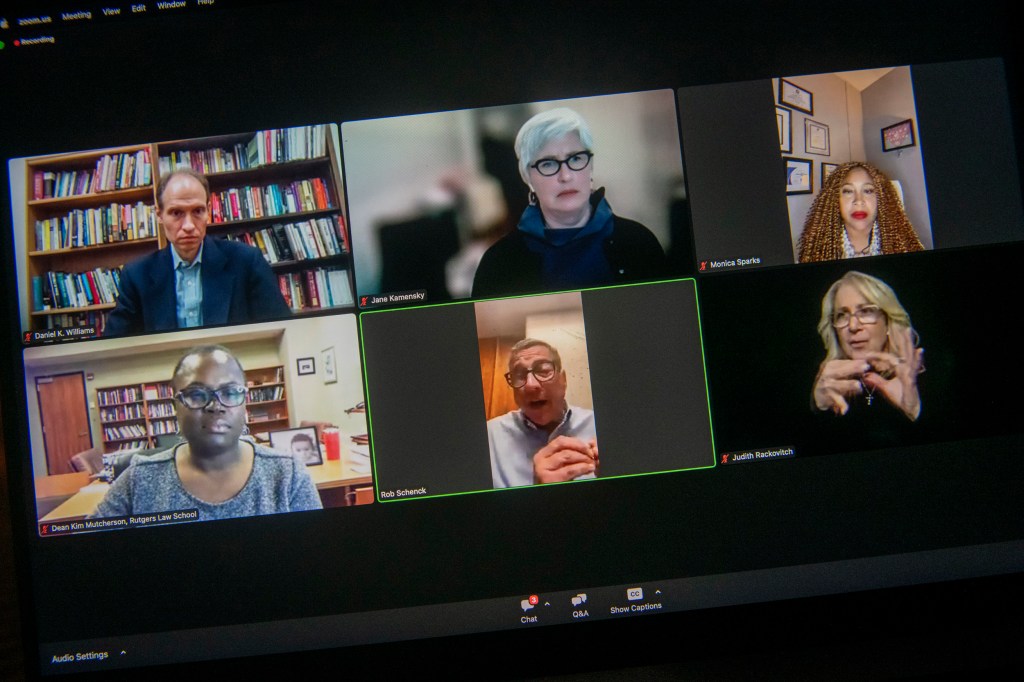
-
Amendments should start with states
U.S. needs to smooth process without lowering high bar for constitutional change, says Stephen Sachs
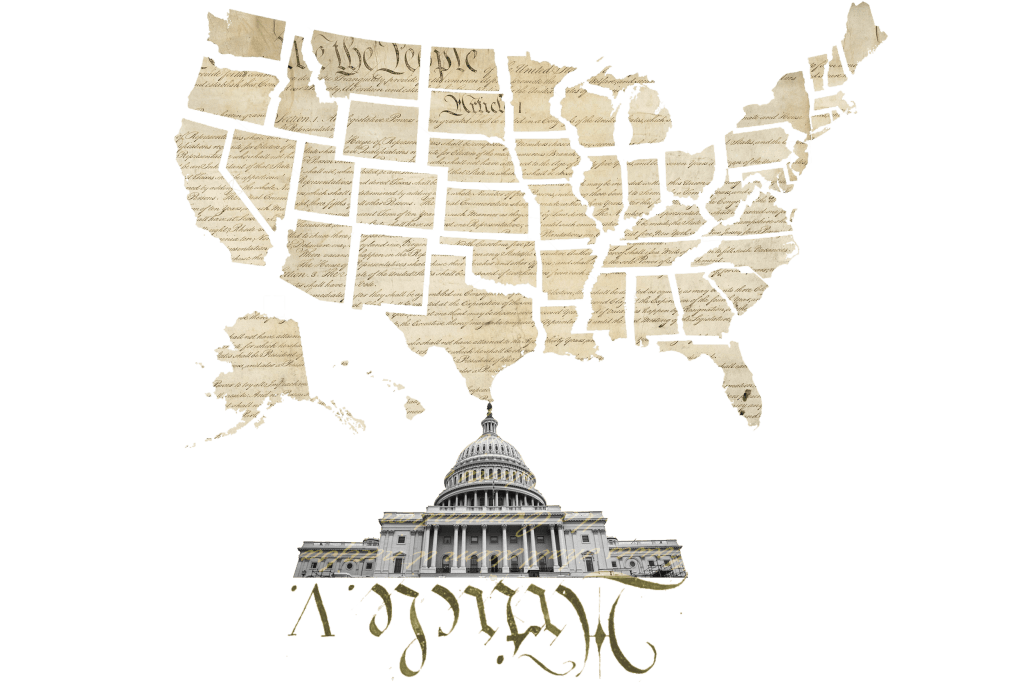
-
Change the Senate
Disproportionate influence of smaller states creates ‘significant democratic deficit,’ Vicki Jackson argues
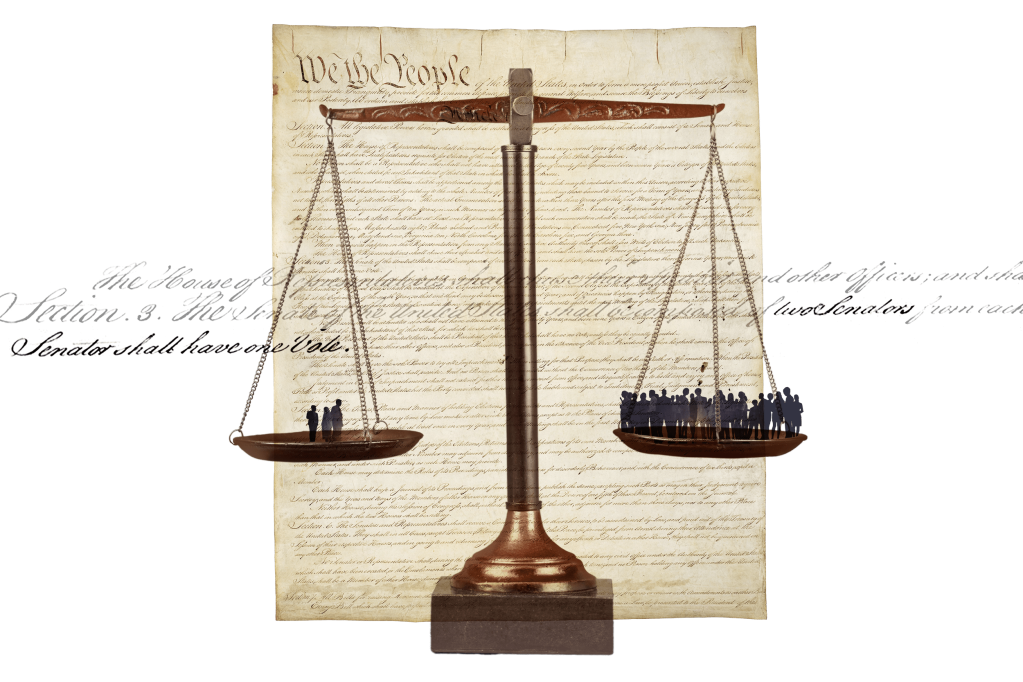
-
How demagogues wield social media
Cognitive scientist details research on the different ways Republicans and Democrats, use Twitter.
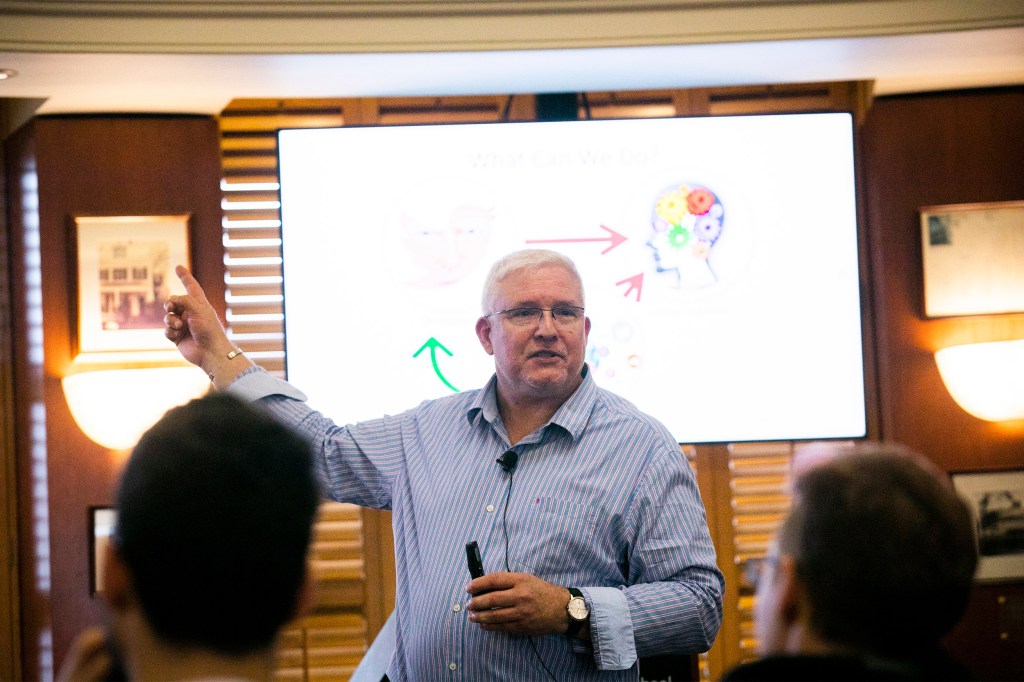
-
Fighting for 9/11 families, first responders, vets
Comedian Jon Stewart, who has done advocacy work on behalf of U.S. military veterans and 9/11 first responders for two decades, spoke about what he’s learned during a talk at Harvard Kennedy School.
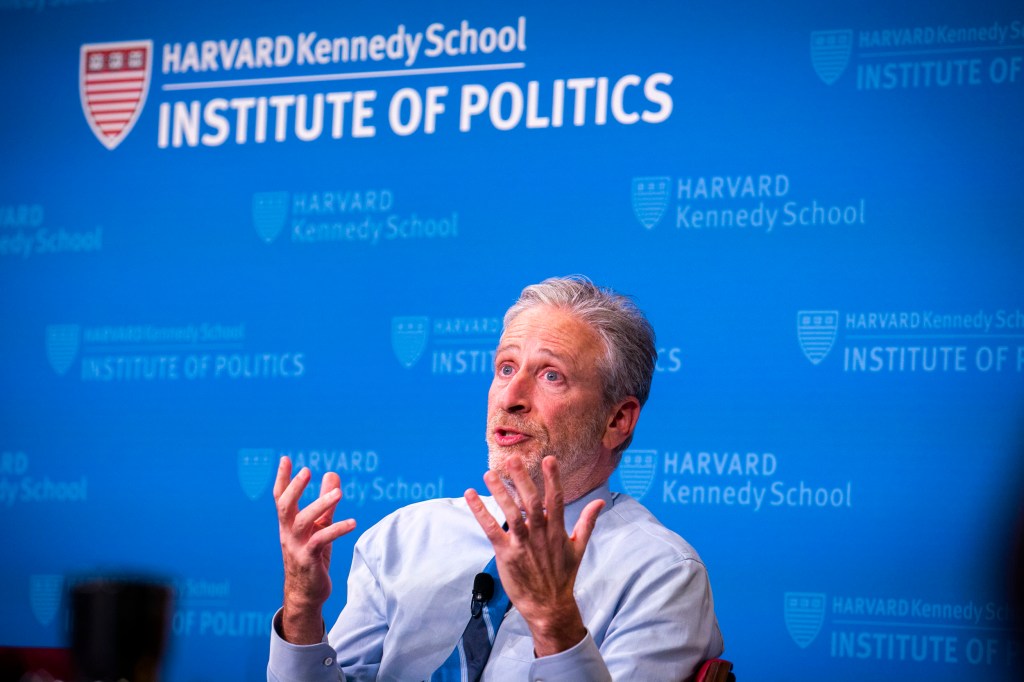
-
Enshrine an affirmative right to vote
Amendment would demonstrate ‘absolute commitment’ to full participation in U.S. democracy, argues Tomiko Brown-Nagin
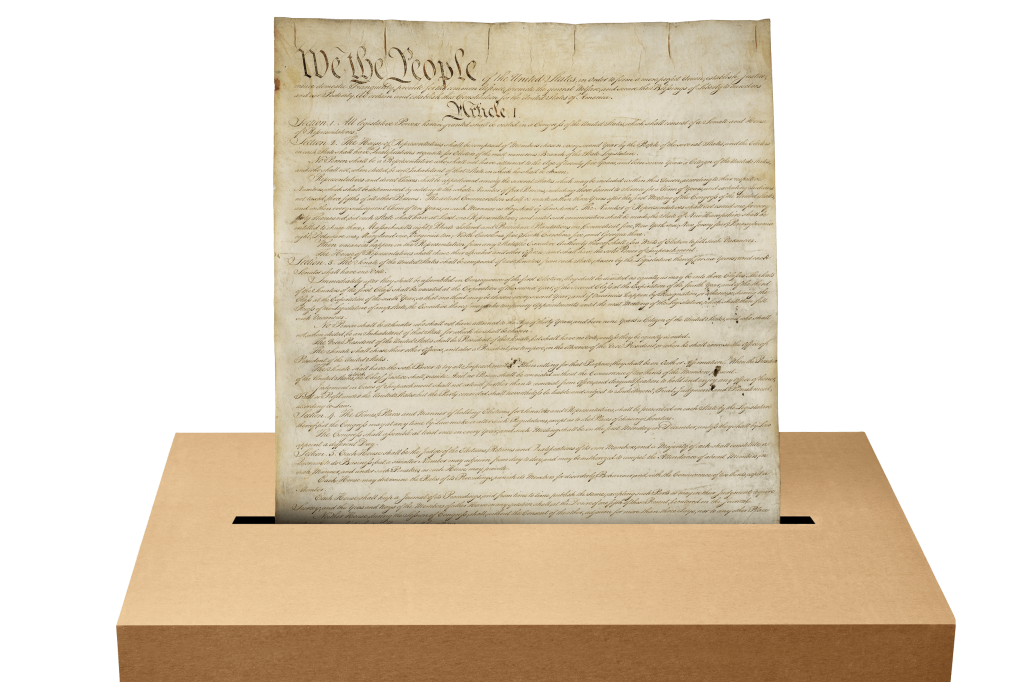
-
Will anything come of Jan. 6 hearings?
Rep. Jamie Raskin, a Harvard Law School and Harvard College alum, previews what the public can expect from the committee in the coming weeks.
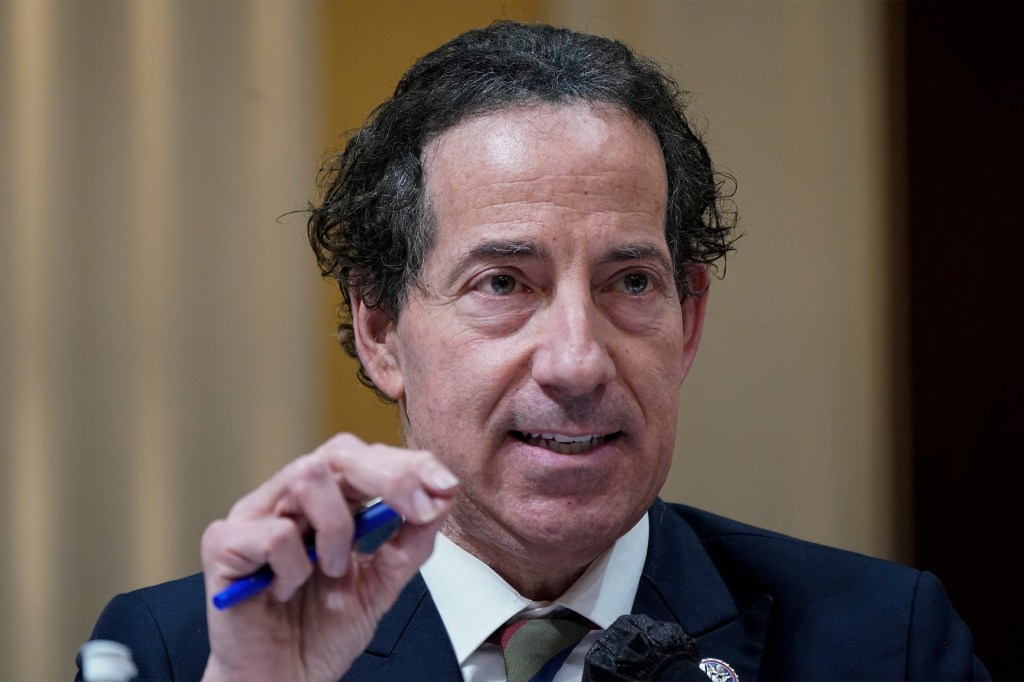
-
Rushing to save her homeland — or at least its story
Harvard bibliographer Olha Aleksic rushes to save her homeland — or at least its story.
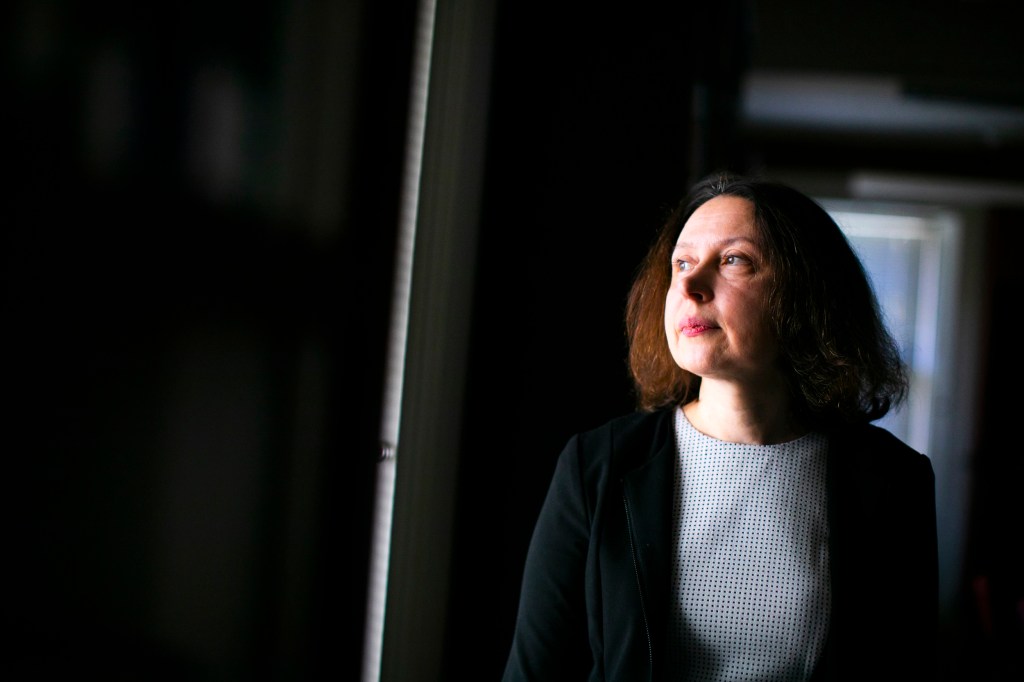
-
Halting rising violence against health care workers
Law School discussion weighs effectiveness of legislation, technology, policies.
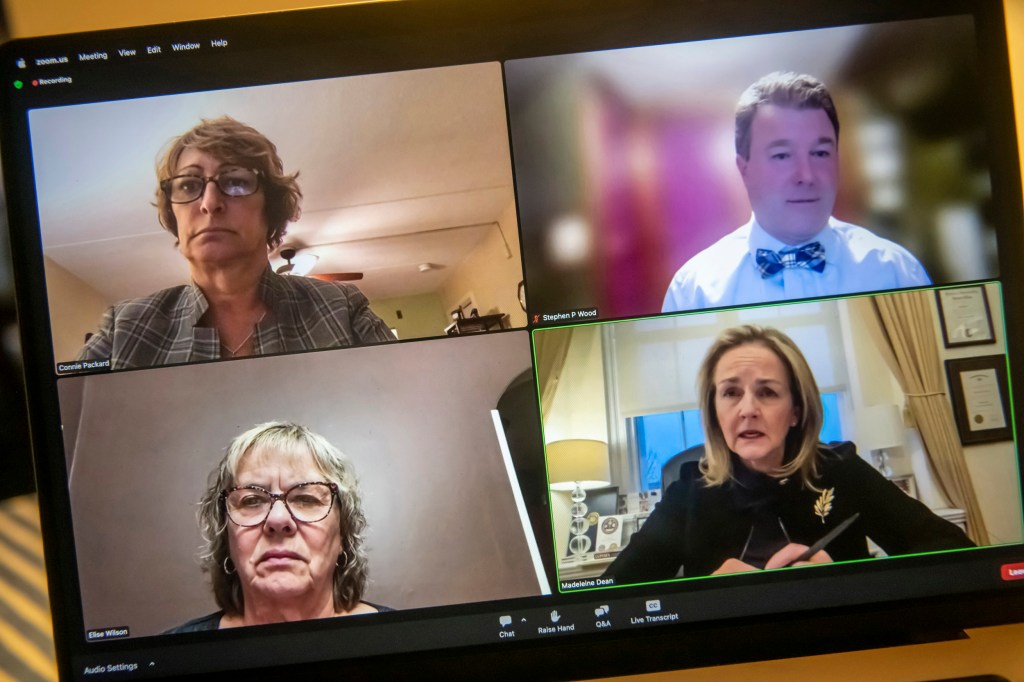
-
A Cup as complex as world
Mideast scholar Cemal Kafadar untangles anti-gay, migrant labor, geopolitical tensions rising as World Cup soccer tournament is set to begin in Arab nation for the first time.
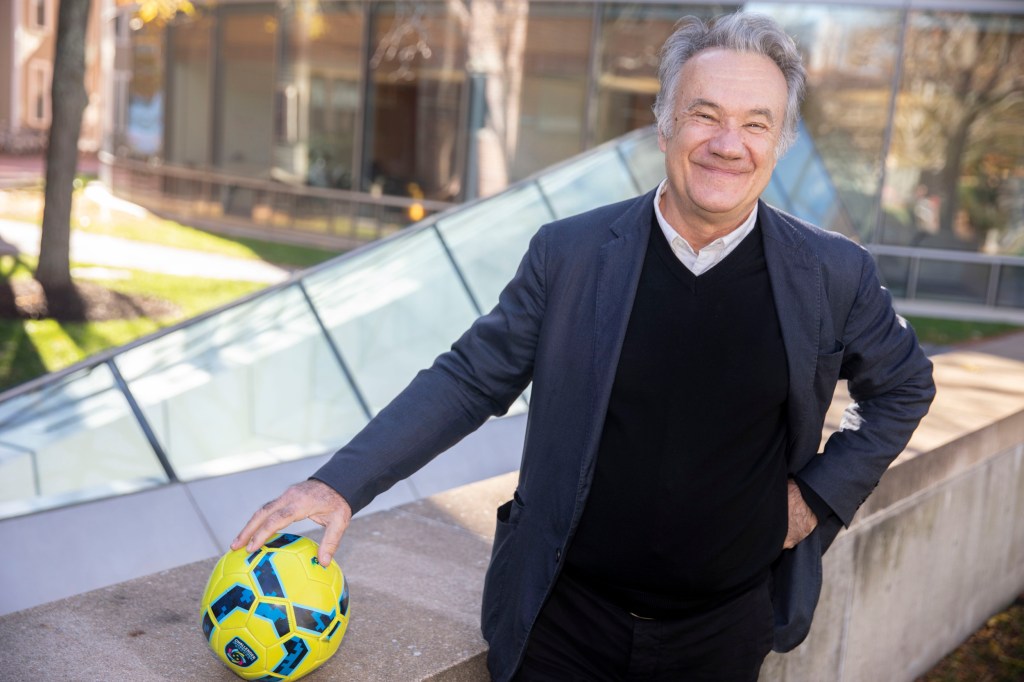
-
Climate change in urban America, Hawaii, Puerto Rico, Calif. reservation
Co-organized by several Harvard College environmental groups, an event on Nov. 16 will highlight stories of the impact of climate change in seven students’ communities. Organizers aim to highlight stories of students who are taking part in the fight against climate change.
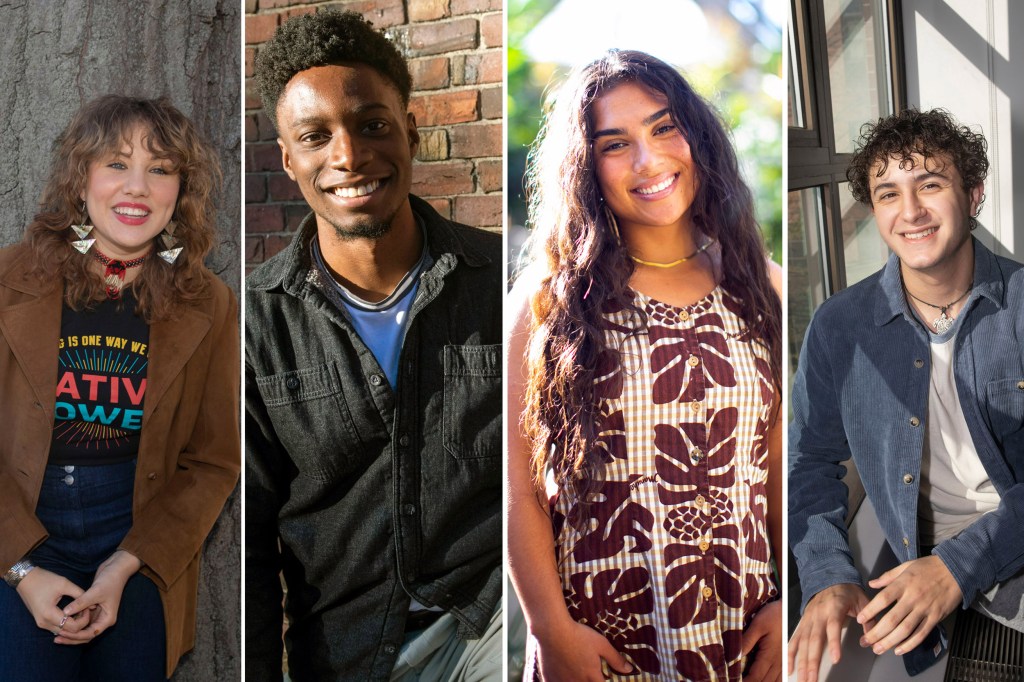
-
Biggest loser in midterm election? The Supreme Court
At a Harvard event, veteran analysts sorted through various surprises of the midterm election
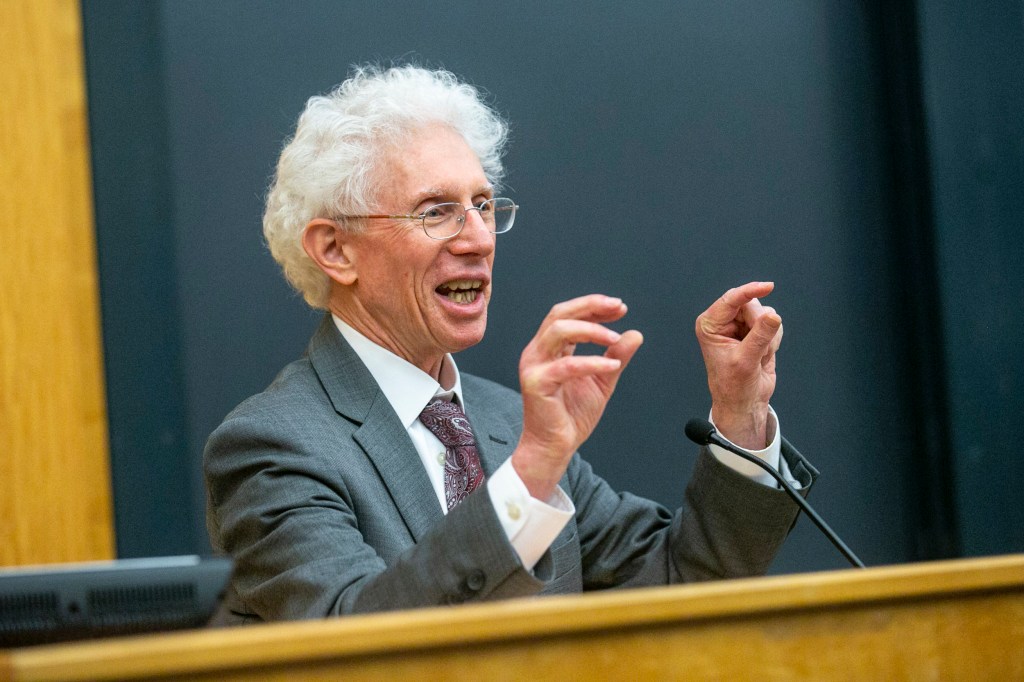
-
How inflation act may help rescue greenhouse-gas goals of repealed Clean Power Plan
In the wake of the demise of the Obama-era Clean Power Plan, the Inflation Reduction Act may hold the seeds of its success.
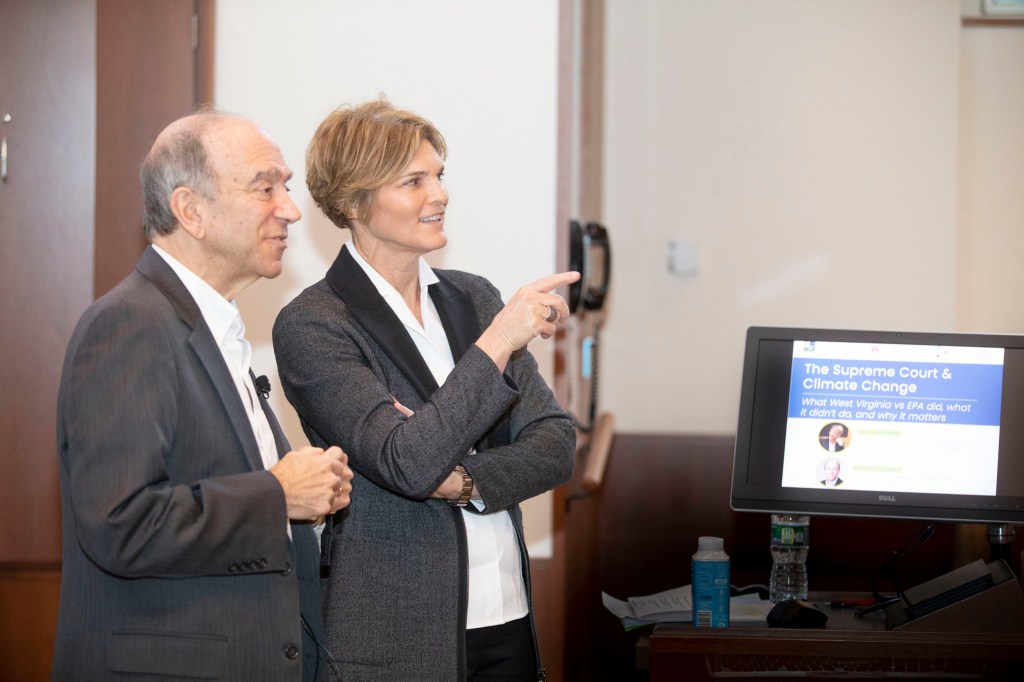
-
Heading South in search of the real heart of America
Imani Perry returns to Alabama to interview Angela Davis, another daughter of Birmingham, in excerpt from new book
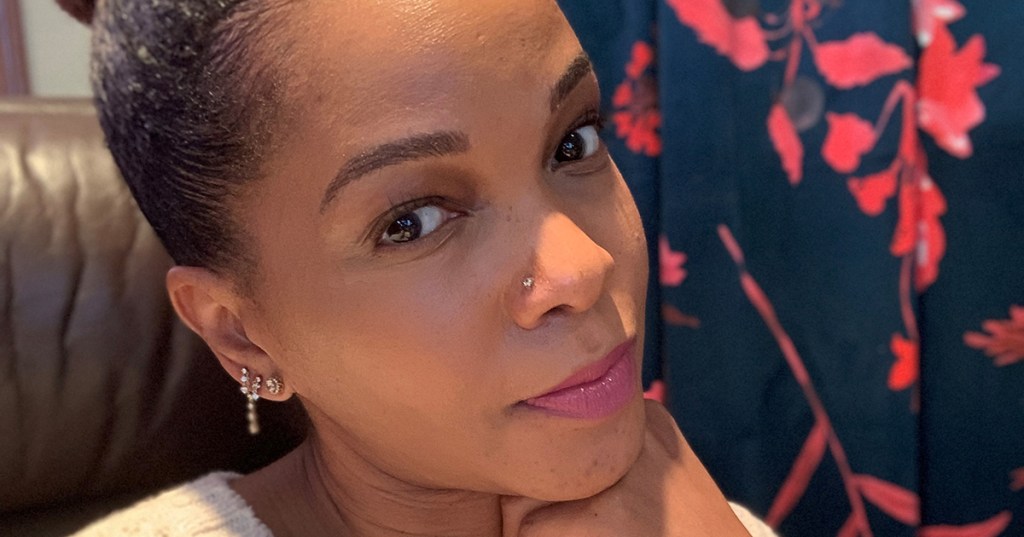
-
Saying their names
Scholars involved in Legacy of Slavery Initiative discuss findings, remind that each of enslaved was “real person … with dreams, with pain.”
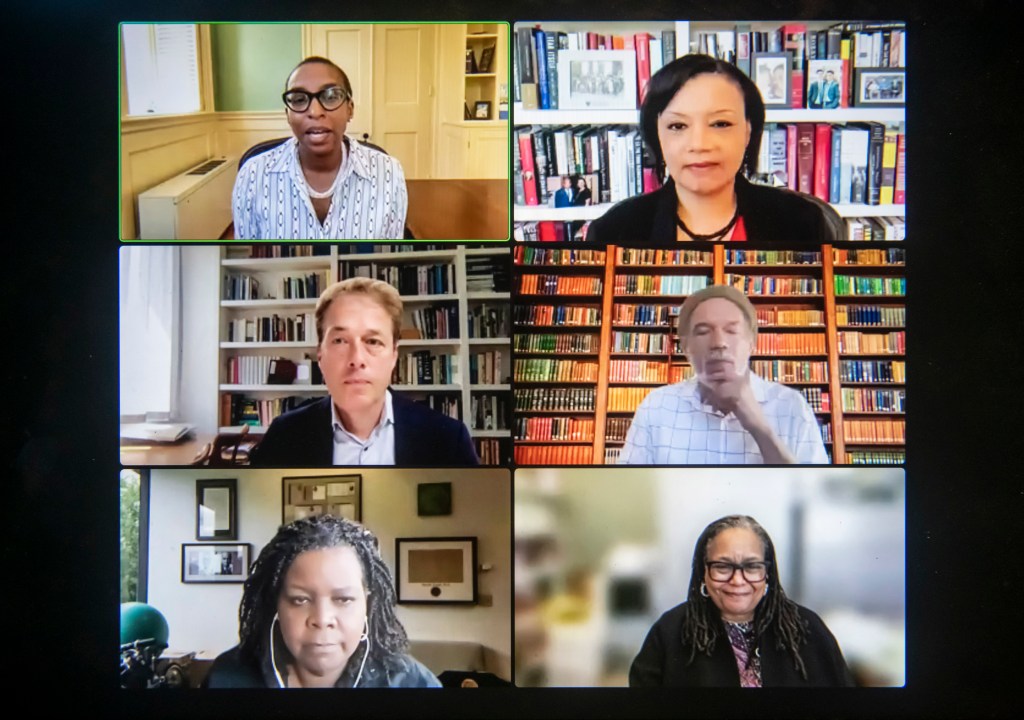
-
Let’s fix how we fix the Constitution
Sanford Levinson on the ‘enduring dysfunctionality’ of Article V
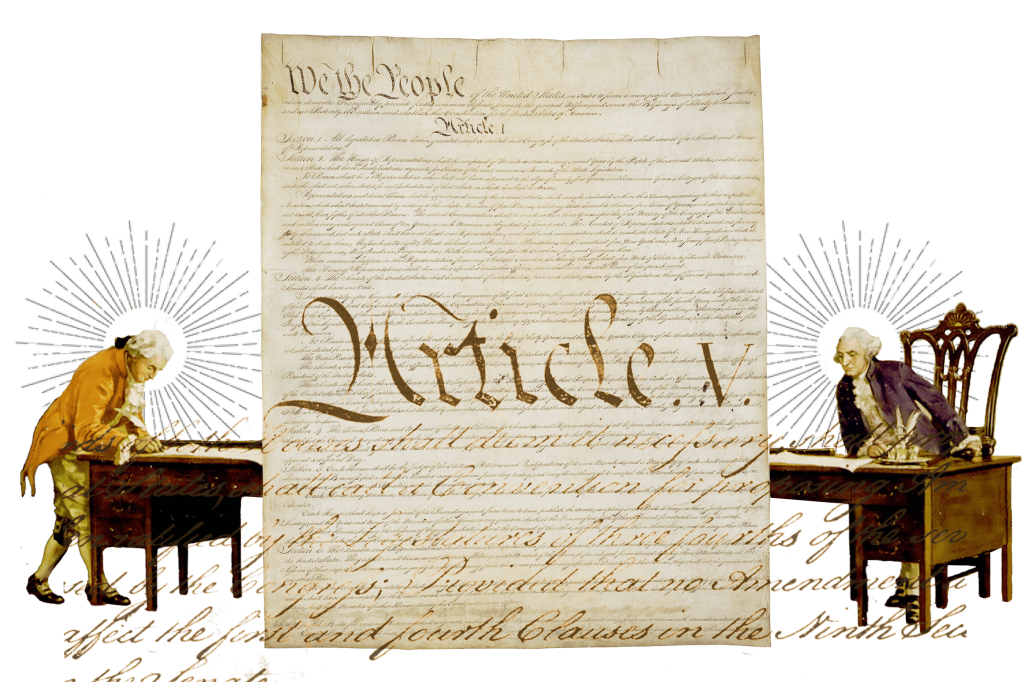
-
November surprise
Most political reporters and pundits agree that the results from Tuesday’s midterm elections have been a surprise.
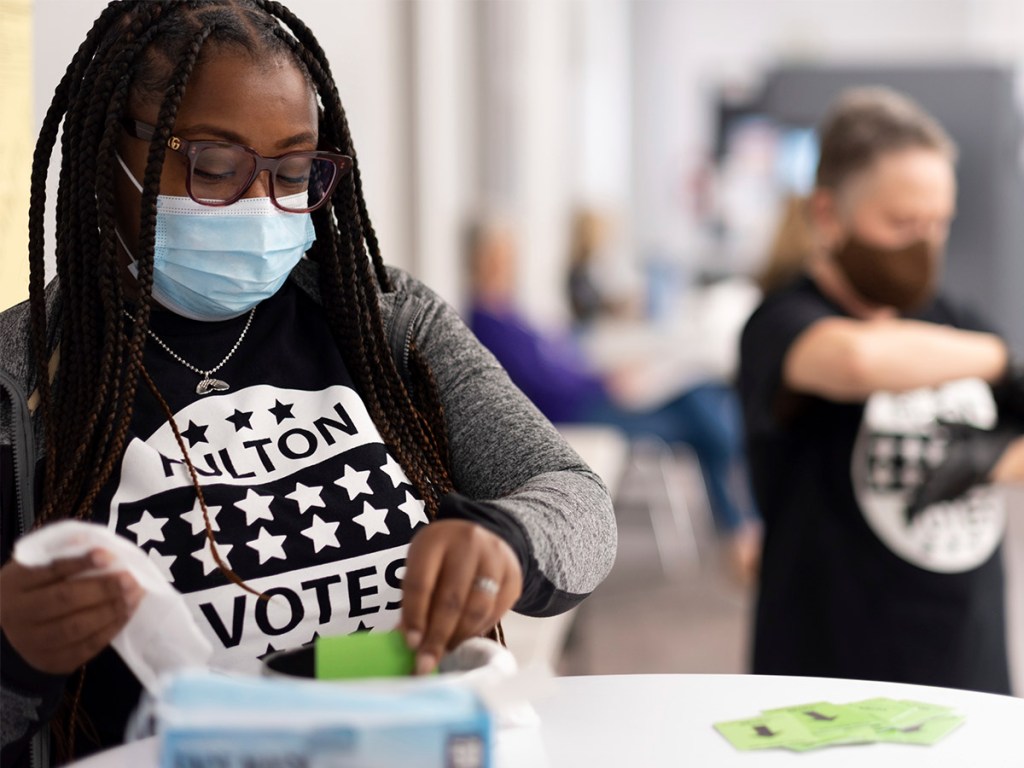
-
Mapping out a better society with focus on inclusion, environment
New research looks at intergenerational tensions, Gen Z as coming change agents.
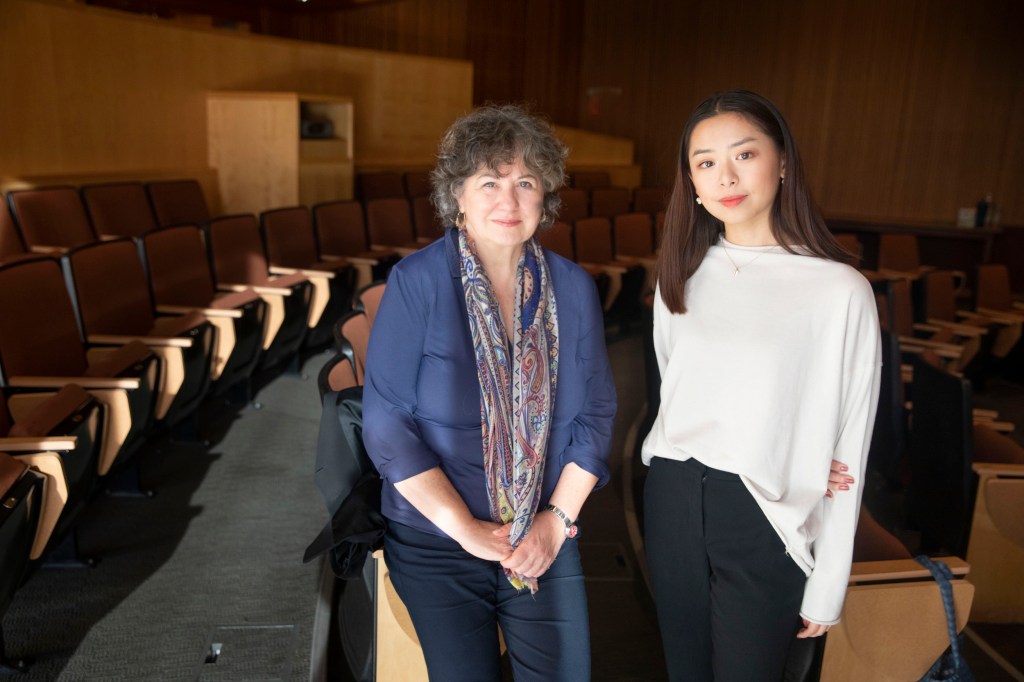
-
Let the House grow!
A better Electoral College requires a Congress as elastic and flexible as the drafters of the Constitution intended, says Danielle Allen
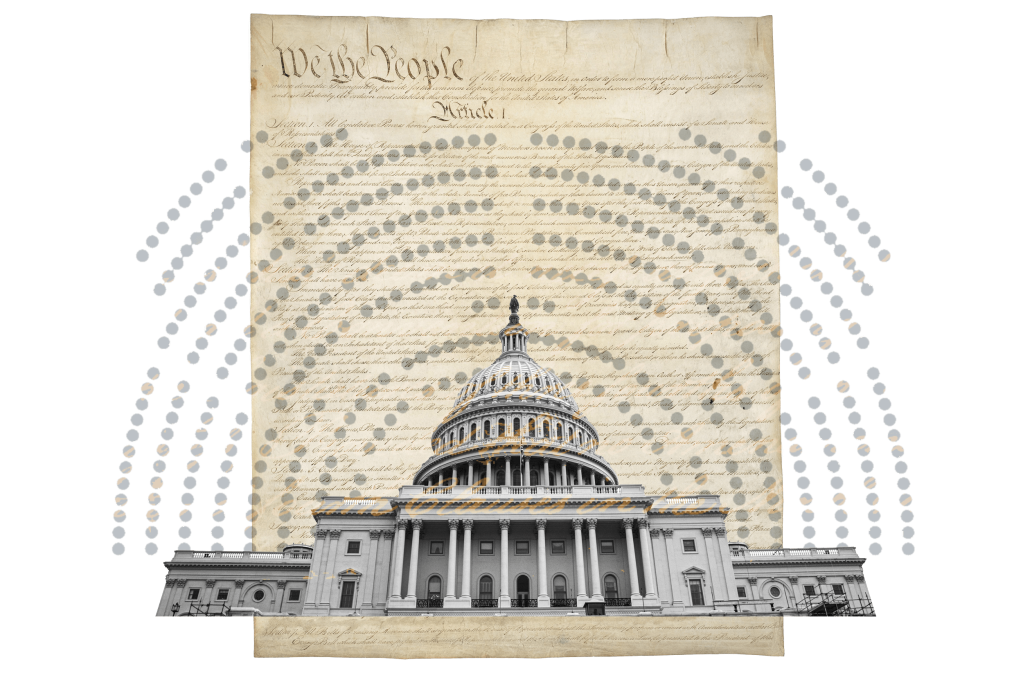
-
Baker blames social media, political operatives, press for fueling divisiveness
Republican Charlie Baker, who closes out his eight years as the governor of Massachusetts in January, discussed governing in a democracy and the duties of citizenship in this year’s Edwin L. Godkin Lecture at Harvard Kennedy School.
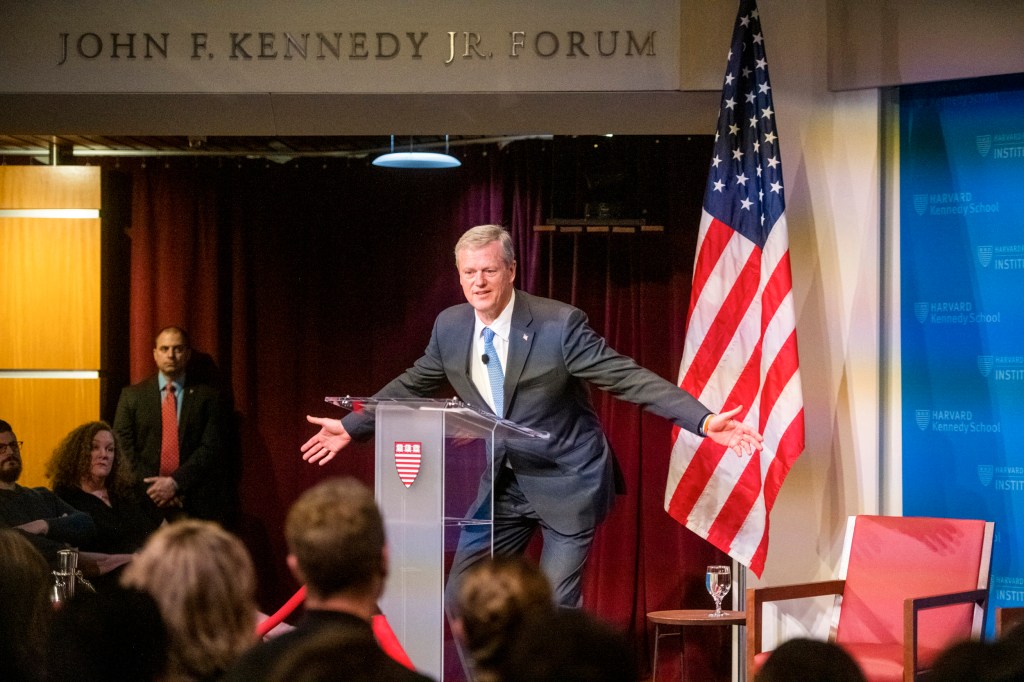
-
Where are we going, America?
Days before the midterms, we sat down with three scholars for a conversation about U.S. democracy. The mood was anxious.
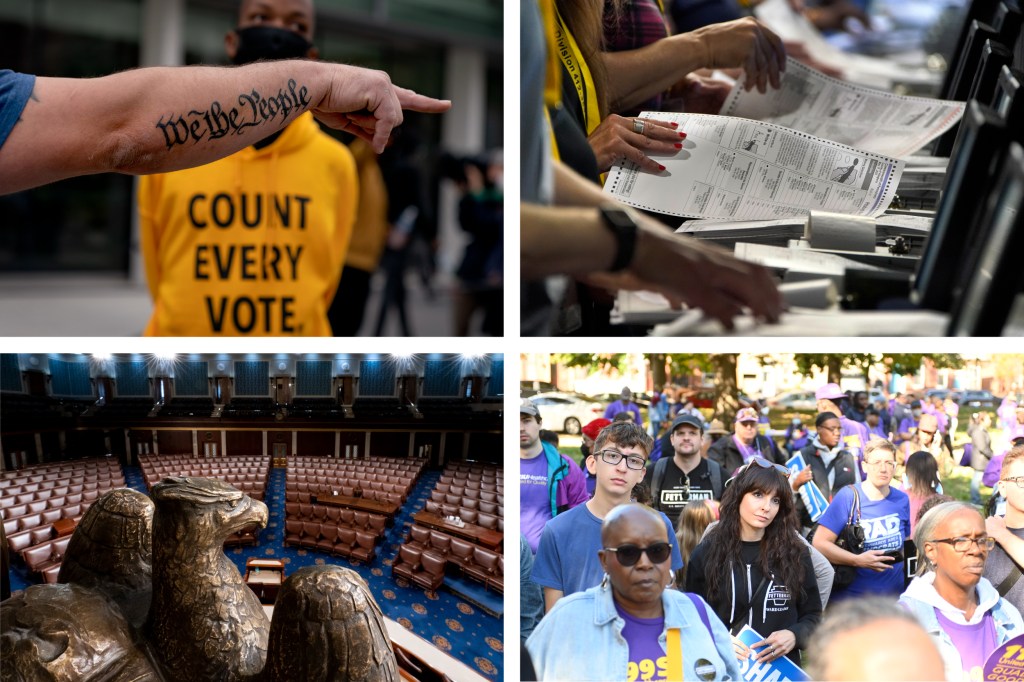
-
Harvard defends admissions policy before Supreme Court
Lawyers cite wider value of campus diversity on culture, economy of nation, push back against claims of bias against Asian Americans.
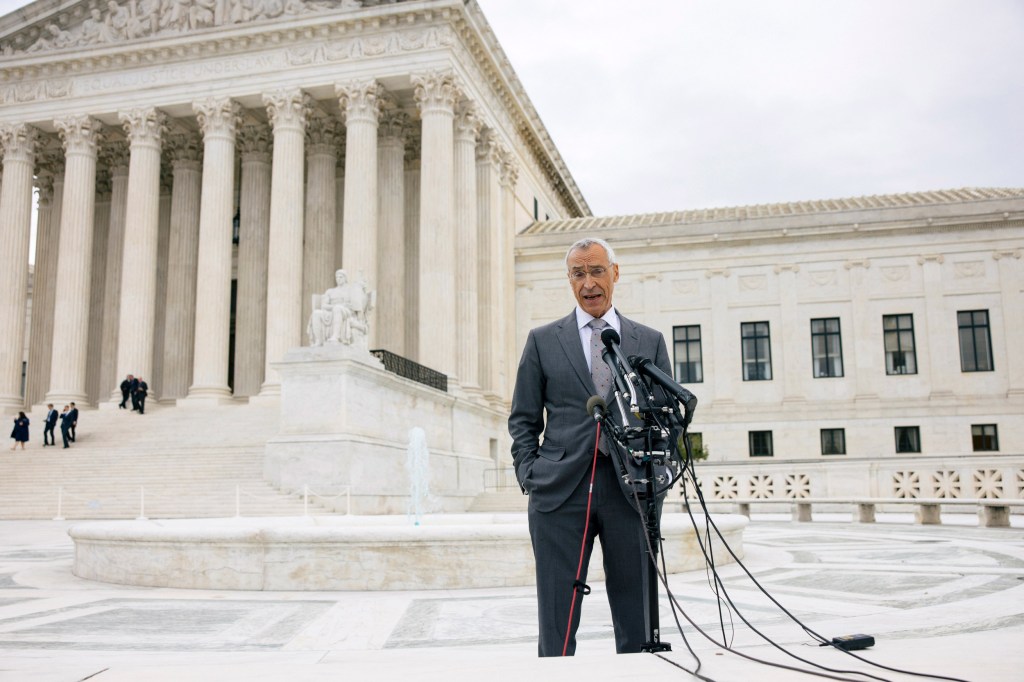
-
‘Defend Diversity’
Harvard students join others from around nation in Supreme Court rally supporting race-conscious admission policies.
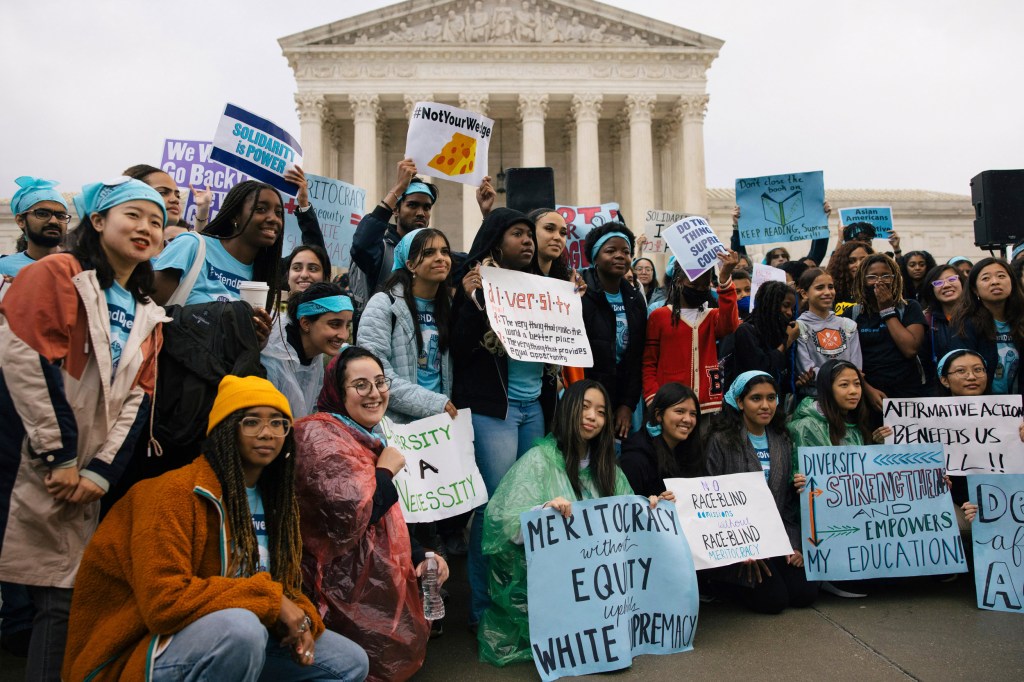
-
Michigan, California speak from experience in briefs supporting Harvard
Schools have struggled to maintain campus diversity since bans on race-conscious admissions, say officials in briefs supporting Harvard.
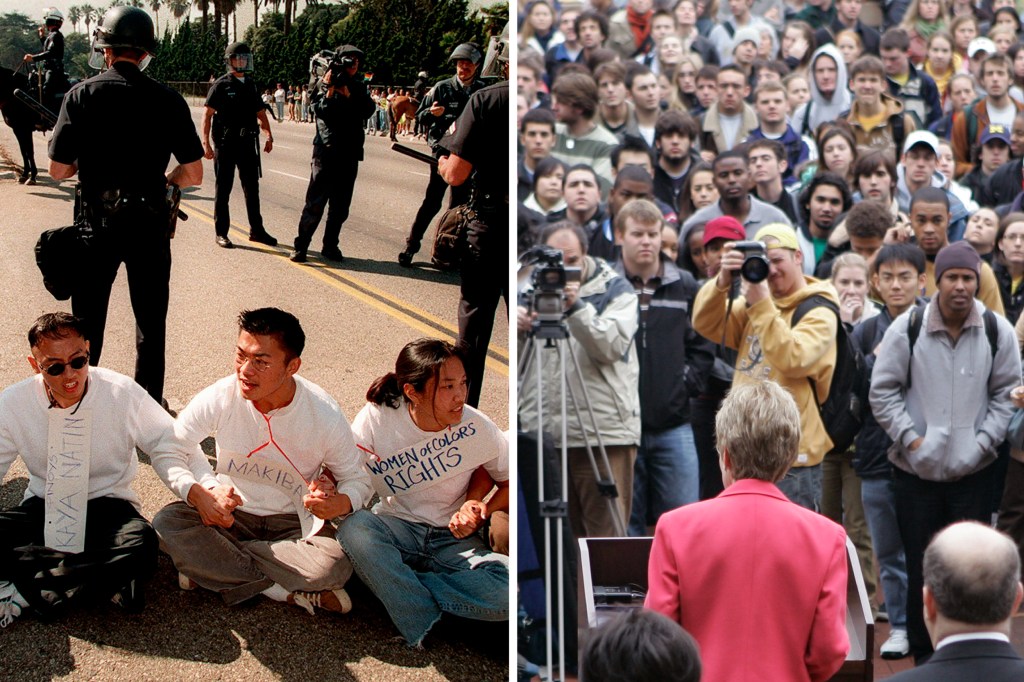
-
Unfinished business
Education has been a force for racial progress in the U.S., but we still have a long way to go.
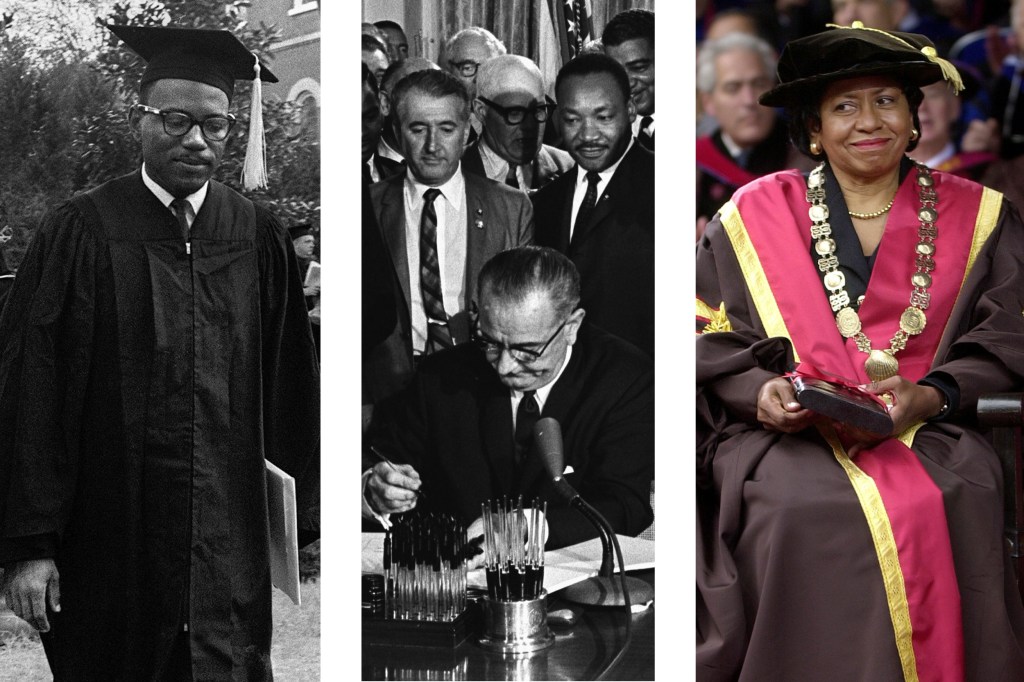
-
What to know about Harvard’s case in Supreme Court
The Supreme Court will hear arguments in a case to decide whether race-conscious admissions policies at Harvard College and the University of North Carolina can continue.
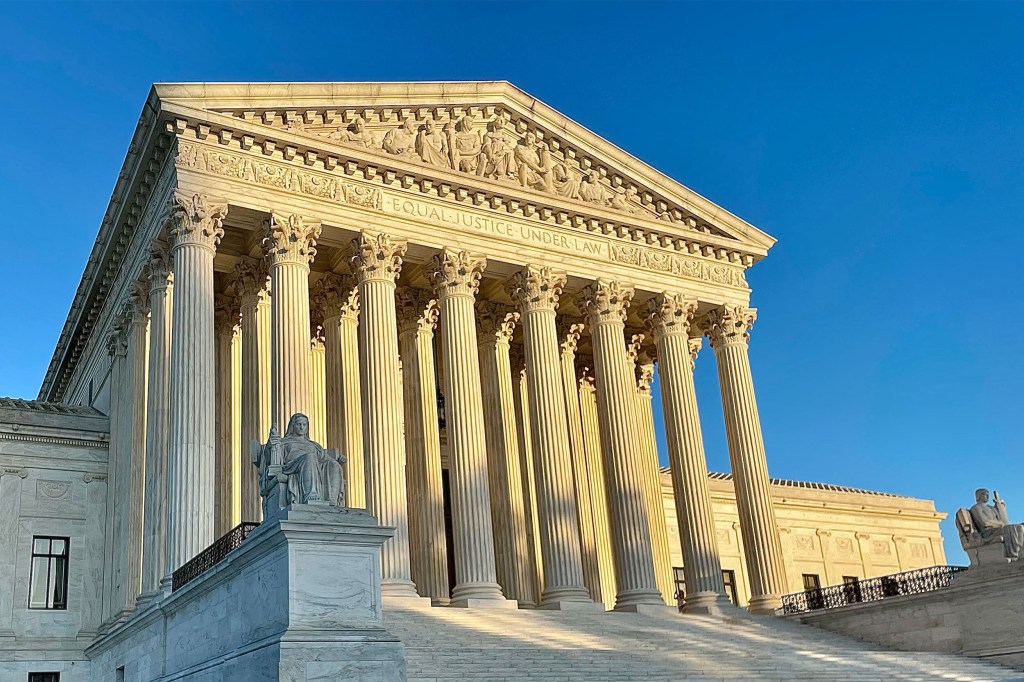
-
How Black thinkers wrestled with founding U.S. values amid slavery
Brown University political scientist says Frederick Douglass, others found racial domination at odds with ideals of republicanism.
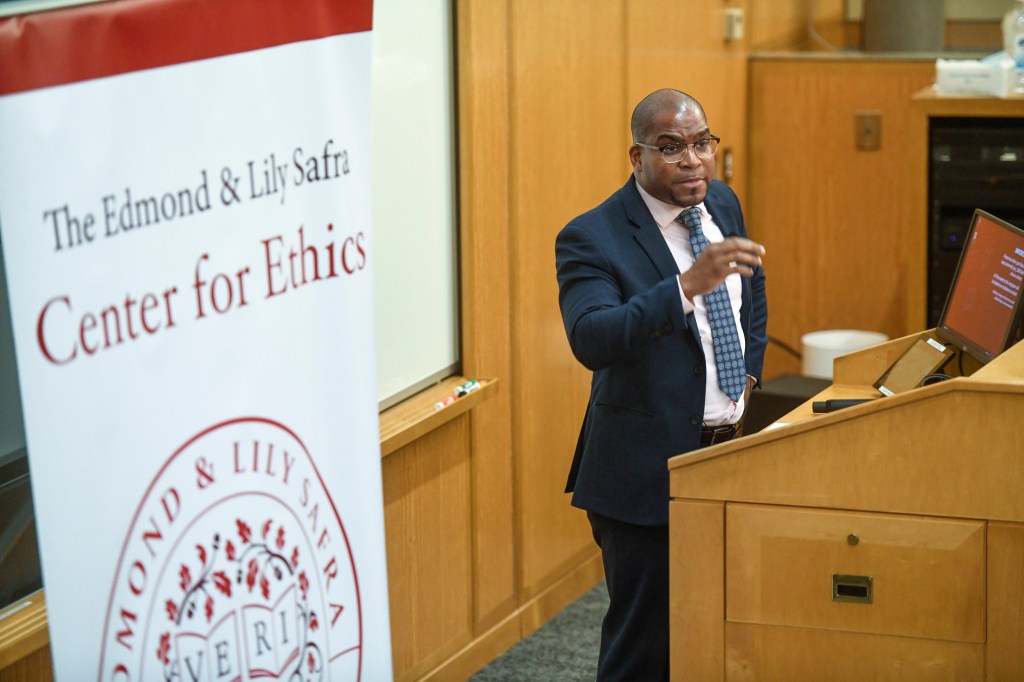
-
Lesson from Latin America for U.S. abortion rights movement
A panel on abortion rights and reproductive justice in Latin America explored the factors behind landmark decisions liberalizing abortion laws in Mexico and Colombia.
